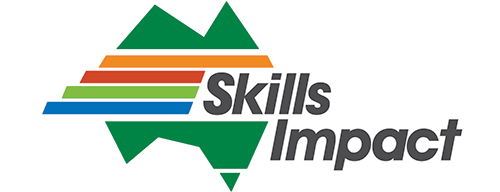We are seeking your feedback on projects that have been proposed for 2020 – 2021 and specific changes to the industry environment that have been identified in this year’s Annual Update to the IRC Skills Forecast and Proposed Schedule of Work (Skills Forecast).
There have been major impacts on the pulp and paper manufacturing industry this year, from drought, bushfires and the COVID-19. There has been record demand for products such as toilet paper, tissues, medical, sanitary and packaging products as well as a recovered materials export ban.
At the same time, the industry has continued with its push for a circular economy and moving towards bioenergy and biomass opportunities. There have been sectoral changes, highlighted by consumers increasingly moving online and digital, Australian grocery stores moving to reduced paper quality and the closure of mill sites.
Without any registered training organisations delivering the PPM Training Package, training continues to occur on-the-job. It is provided by in-house subject matter experts, often utilising PPM Training Package qualifications and units to design activities. The industry remains strongly committed to engaging with the national VET system. Two projects have been proposed (summarised below), which aim to re-establish formal VET training within the sector.
Feedback is being collected up until 22 April 2020.
The draft Annual Update will be submitted from the Pulp and Paper Manufacturing Industry Reference Committee to the Australian Industry and Skills Committee (AISC) at the end of April, for their consideration.
Proposed Schedule of Work 2019 – 2022
2020-21
Project 1: Rationalise Pulp & Paper Manufacturing Training Package
This project will review and rationalise the PPM Training Package, identifying any possibilities for the utilisation of cross-sector units and ensuring accredited qualifications exist with core competencies supported by a larger bank of electives. It is believed that such a rationalisation will assist in attracting registered training organisations back to the sector. A range of electives will allow training providers to tailor the qualification to the needs of the learner. This project would be complemented by the project proposed below, which would support the development of standardised resources and materials that could be made available online.
Project 2: Training and Assessment Materials
Without any registered training organisations willing and able to deliver the PPM Training Package, this project will develop a suite of nationally consistent training and assessment materials to support technical units of competency. The industry has specialised training needs and is strongly committed to remaining engaged and represented in the national VET system. The inability of an RTO to provide technical expertise on-site is what deters prospective RTOs. The IRC has developed a strategy to re-engage with the VET sector through an industry-led partnership between stakeholders, enterprises and an RTO. Training and assessment materials are an important part of this RTO partnership model.
